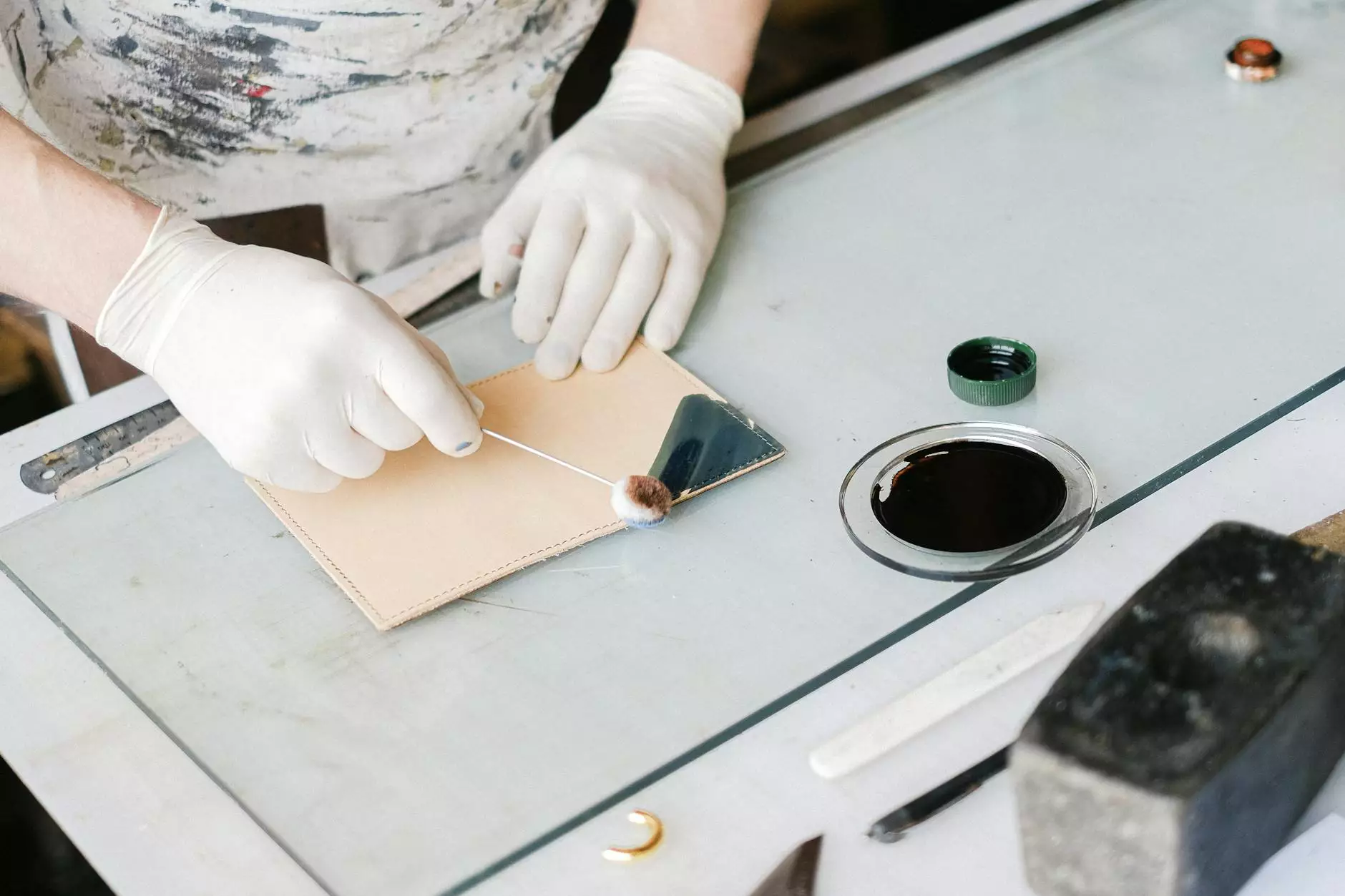Exploring the World of Metal Fabricators

In today's rapidly evolving industrial landscape, metal fabricators play a pivotal role in the construction and manufacturing sectors. Companies like Deep Mould are at the forefront of this industry, providing essential services that drive innovation and excellence. In this comprehensive article, we delve deep into metal fabrication, explore its significance, and understand why choosing the right fabricator can transform your business operations.
The Essence of Metal Fabrication
Metal fabrication involves the process of creating metal structures by cutting, bending, and assembling. This intricate art requires a delicate balance of skill, advanced technology, and creative problem-solving. Metal fabricators utilize various techniques to mold raw materials into functional components, ensuring that every piece meets the specific requirements of their clients.
Key Processes in Metal Fabrication
Understanding the primary processes involved in metal fabrication is essential for businesses seeking to leverage these services. Below are the crucial steps:
- Cutting: This is often the first step, where sheets of metal are cut into desired shapes using techniques like laser cutting, plasma cutting, or shearing.
- Bending: After cutting, the metal pieces are bent to the required angles using press brakes and other tools.
- Assembling: This stage involves putting the bent and cut pieces together, often using welding techniques.
- Finishing: Finally, the fabricated metal may undergo processes like painting, coating, or polishing to enhance its appearance and durability.
Types of Metal Used in Fabrication
The choice of materials is crucial in metal fabrication, as different metals offer distinct properties that can affect both performance and durability. Here are some common metals used:
- Steel: Renowned for its strength and versatility, steel is commonly used in various applications, from construction to automotive manufacturing.
- Aluminum: Lightweight and resistant to corrosion, aluminum is favored for applications where weight is a concern.
- Stainless Steel: Known for its resistance to rust and staining, stainless steel is ideal for environments exposed to moisture and chemicals.
- Copper: With excellent thermal and electrical conductivity, copper is often used in electrical and plumbing applications.
The Importance of Quality in Metal Fabrication
When it comes to metal fabrication, quality is non-negotiable. Businesses must partner with reliable fabricators who prioritize precision and consistency. Here’s why quality matters:
1. Compliance with Standards
High-quality fabrication ensures that all products meet industry standards and regulations. This compliance is crucial for safety and reliability.
2. Longer Lifespan of Products
Careful attention to detail in the fabrication process leads to products that last longer, ultimately saving businesses money on repairs and replacements.
3. Enhanced Performance
Quality fabrication techniques result in components that perform better under stress, which is essential in demanding applications like aerospace and automotive industries.
Choosing the Right Metal Fabricator
Selecting the ideal metal fabricator can significantly impact your project's success. Here are some key factors to consider:
- Experience and Expertise: Look for a fabricator with a long track record and expertise in your specific industry.
- Technology and Equipment: Ensure they use modern technology and equipment for precision and efficiency.
- Quality Control Processes: A robust quality control system is essential to maintain high standards throughout the fabrication process.
- Customer Testimonials: Seek feedback from previous clients to gauge their satisfaction and experience.
Innovations in Metal Fabrication
The world of metal fabrication is constantly evolving, with new technologies emerging to enhance efficiency and precision. Some notable innovations include:
- 3D Printing: Advanced 3D printing techniques allow for the creation of complex geometries that were previously difficult to achieve.
- Robotic Welding: Automation in welding increases speed and accuracy, reducing human error.
- CAD/CAM Software: Computer-Aided Design (CAD) and Computer-Aided Manufacturing (CAM) software streamline the design and production processes.
Environmental Considerations in Metal Fabrication
As industries move towards sustainable practices, the metal fabrication sector has also embraced eco-friendly approaches. Here’s how:
- Recycling Metal: Many fabricators utilize recycled metals, reducing the need for virgin materials and minimizing environmental impact.
- Waste Reduction Strategies: Implementing effective waste management practices to minimize scrap and by-product disposal is critical.
- Energy Efficiency: Investing in energy-efficient machinery reduces carbon footprints and operational costs.
Conclusion: The Future of Metal Fabrication
Metal fabrication is a vital component of modern manufacturing and construction, and its importance will only grow as industries advance. Companies like Deep Mould exemplify excellence in this field, offering cutting-edge solutions that cater to diverse needs. As businesses seek to optimize their operations, understanding the intricacies of metal fabrication and choosing the right fabricator becomes paramount.
In conclusion, the world of metal fabrication is dynamic and filled with opportunities for growth and innovation. By partnering with established fabricators who prioritize quality and environmental sustainability, businesses can position themselves at the forefront of their industries, ready to tackle the challenges of tomorrow.
https://www.deepmould.net/








